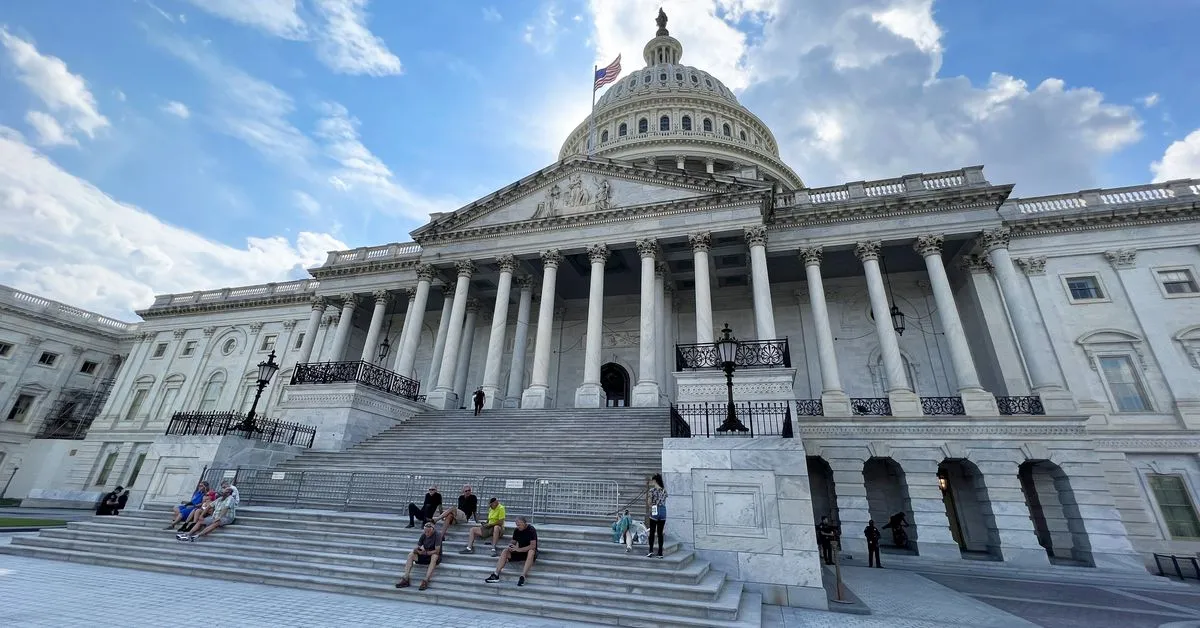The industry is desperate for U.S. regulations that allow it to cast off investor uncertainties and take its place as a mature, fully-functioning part of the economy, said Ron Hammond, director of government relations for the Blockchain Association in Washington. The market structure bill won a variety of Democrats on a variety of fronts.
Despite bipartisan legislation in the Senate, the Senate Banking Committee has been a black box this year on its regulatory intentions for crypto. Rep. Patrick McHenry (R-N.C.), chair of the House committee voting on the bill, railed against this 11th-hour interference that robbed the effort of most of its potential Democratic support.
We believe this measure is the most likely to pass in this Congress, said Jaret Seiberg, an analyst at Cowen Group. He contended that this limited amendment could lay the framework for other crypto bills by tackling upfront concerns over money laundering and sanctions evasion.
Despite the history of animosity between Wall Street and Sen. Elizabeth Warren (D-Mass.), the Bank Policy Institute praised the bill as an attempt to defend our nation’s financial system against illicit finance in all its forms.
Congress is designed to be a deliberative body, which can make legislating a long and difficult process, said Brett Quick, head of government affairs at the Crypto Council for Innovation.
The crypto industry has seen a flurry of legislative progress in its quest for a new system of U.S. oversight for digital assets, but the bills may still be too contentious for them to become law. Three major fronts have emerged in digital assets legislation, including wide-ranging rules for the industry, stablecoins, and money laundering in crypto. Despite bipartisan support, the bills have faced a minefield that may be insurmountable in the short term. The bills have cleared two committees in the House of Representatives, but they need to advance through a divided Senate and the White House. The last of the trio of legislative fronts may be the most likely to end up a reality, but it’s further down the list of the crypto industry’s Washington priorities.
